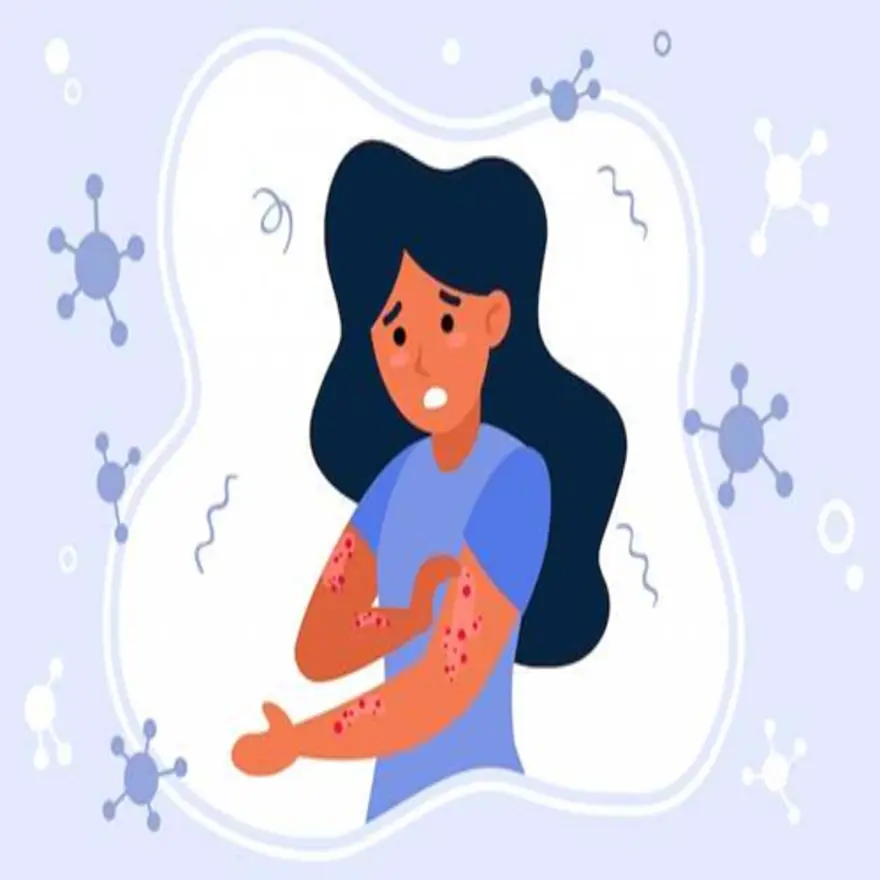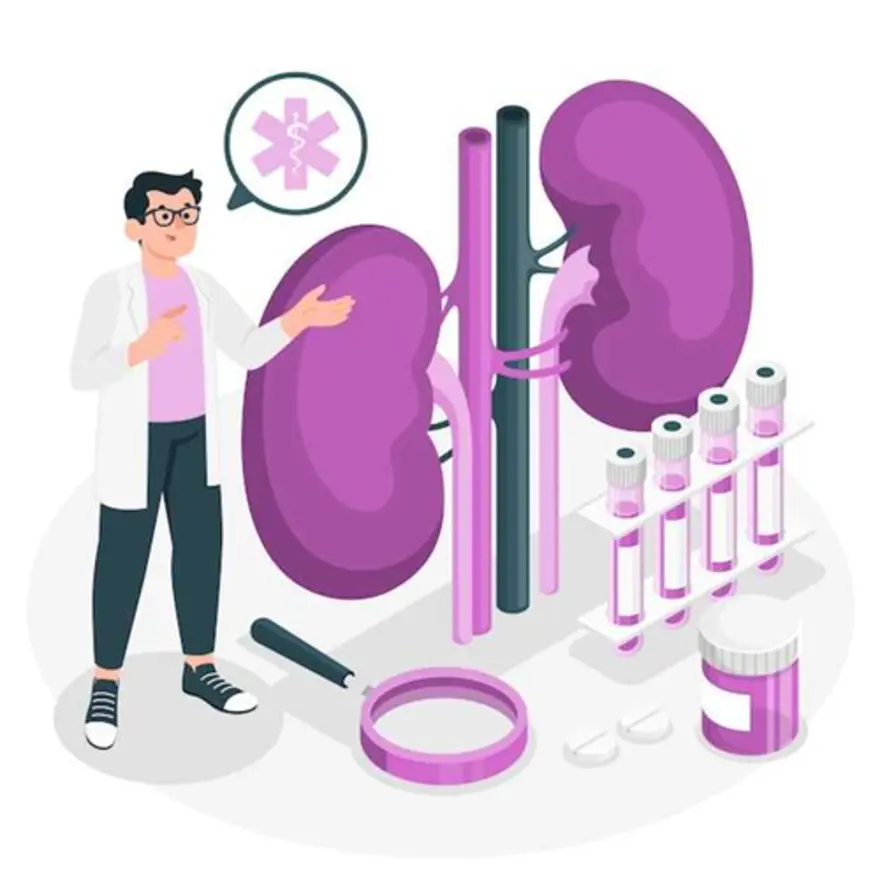Disease
Could you be at risk of diabetes? Keep an eye on diabetes risk factors
5886 Views
0

Diabetes is a sneaky disease. While this health condition needs no introduction in the present times, about 1 in 2 people who have diabetes are unaware of their condition!
Diabetes has emerged as a global public health threat. It is estimated that three-quarters of the world’s 300 million adults with diabetes will be in non-industrialized countries by the year 2025, and almost a third in India and China alone. In addition, as per several researchers, Indians are prone to develop diabetes, owing to certain risk factors. How aware are you of the factors that push you closer to diabetes? Let us apprise you of the most important and common factors that increase your chance of getting diabetes. (Also, please note that diabetes in the context of this article refers to type 2 diabetes.
Diabetes doesn’t always give a warning: Timely tests are important
Most people who get diabetes first develop prediabetes also called borderline diabetes. This is a condition when your blood sugar levels are higher than normal but not high enough to be called diabetes. As per a study, the estimated prevalence of prediabetes in India is 14%. Contrary to the popular belief that diabetes can be easily diagnosed with the symptoms, prediabetes can be asymptomatic unless it is turned into a full-blown diabetes case. The symptoms of diabetes might develop gradually, and can be missed very often. That is why getting yourself tested for high blood sugar levels is extremely important. While a fasting blood sugar level below 100 mg/dL is considered normal, a level from 100 to 125 mg/dL is considered prediabetes. You can also get an HbA1c test done. That shows the average blood sugar levels for the last 2-3 months. An HbA1c level between 4-5.6% is considered healthy and 5.7- 6.4% denotes prediabetes, level 6.5% or higher indicates diabetes. Remember, prediabetes is completely reversible without medicines if you get diagnosed on time and adopt lifestyle changes.
Major risk factors of diabetes include:
Family history: Your risk increases if your parent or sibling has diabetes. Your lifetime risk for getting (type 2) diabetes goes up to about 70% if both parents have it. If one parent is affected, there is around a 40% chance for individuals to develop diabetes.
Excessive body fat: Your body cells take up glucose or sugar and utilize it for various functions. The uptake of sugar by the body cells is regulated by a hormone called insulin. But, if you have more free fatty acids in your cells, they get resistant to insulin and the sugar uptake is reduced. This results in excessive sugar in your blood. Insulin resistance is the main cause of diabetes that affects about 9% of people globally.
Lack of physical activity: The less active you are, the greater your risk to get diabetes. Physical activity helps you control your weight, increases glucose uptake by the body cells for energy, and makes cells more sensitive to insulin.
Age: Even in the absence of other risk factors, the risk of developing diabetes increases with the advancing age. A matter of grave concern is more younger adults are facing the brunt of this chronic disease due to unhealthy lifestyle practices. Cases have seen a rise in children as well owing to an increase in childhood obesity.
Gestational diabetes: This is a condition in which otherwise healthy women are affected with high blood sugar levels during pregnancy. For women who develop gestational diabetes, the risk of developing prediabetes and (type 2) diabetes increases.
Polycystic ovary syndrome (PCOS): This must have a ring a bell. Actually, PCOS has emerged as a major health problem for women in recent times. This is a condition that affects a woman’s hormone levels and causes a range of problems including weight gain, unwanted body hair, acne, infertility, irregular periods, etc. Since PCOS causes deranged hormone levels, it is important to check hormonal parameters including testosterone, sex hormone-binding globulin (SHBG), and anti-mullerian hormone (AMH). Your doctor will correlate the results with the symptoms to arrive at a diagnosis. The underlying cause why PCOS can put you at risk of diabetes is assumed to be insulin resistance of body cells. If glucose is not being used by the body cells, it results in high blood sugar levels.
High blood pressure. Diabetes and high blood pressure are closely related. Having high blood pressure over 140/90 mmHg is linked to an increased risk of diabetes.
Unhealthy cholesterol levels: Having low levels of good cholesterol (high-density lipoprotein) or high levels of bad cholesterol (low-density lipoprotein) results in high free fatty acids in body cells. This increases the risk of developing diabetes. Triglycerides are another type of fat carried in the blood. People with high levels of triglycerides have an increased chance of diabetes. A lipid profile test lets you know what your cholesterol and triglyceride levels are.
Keep in mind:
While certain risk factors like age and family history are beyond your control, lifestyle factors such as obesity and exercise can be managed with a bit of health awareness and some sincere efforts. Take charge of your health with regular health tests and stay one step ahead of chronic conditions like diabetes.























 WhatsApp
WhatsApp